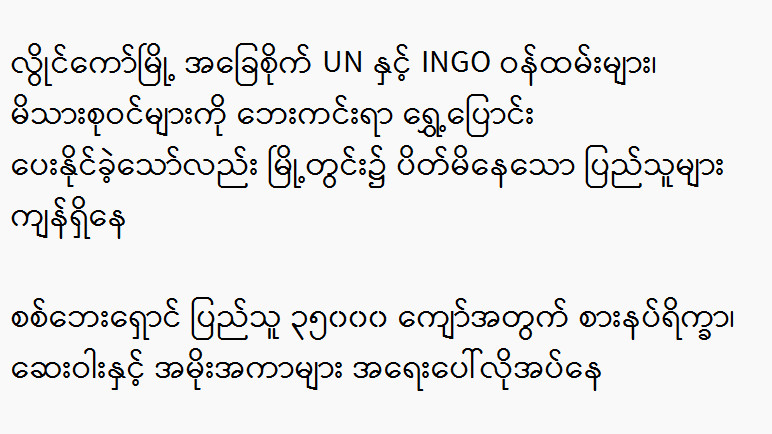


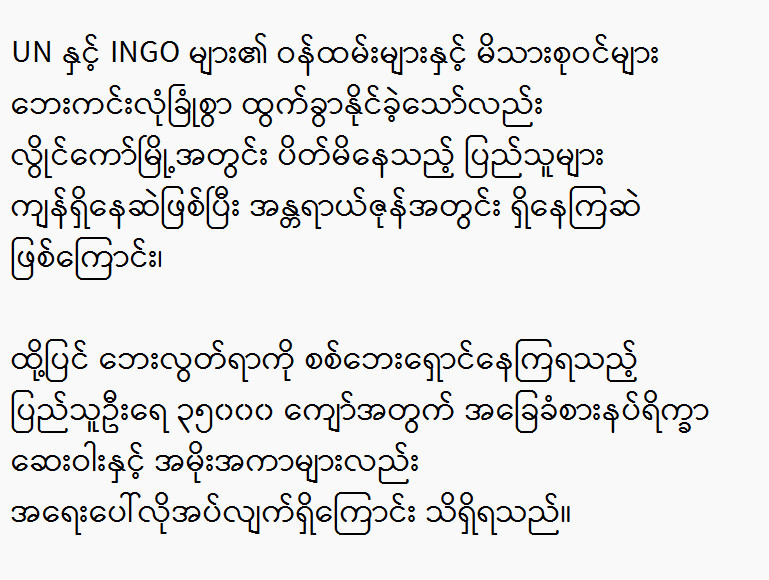
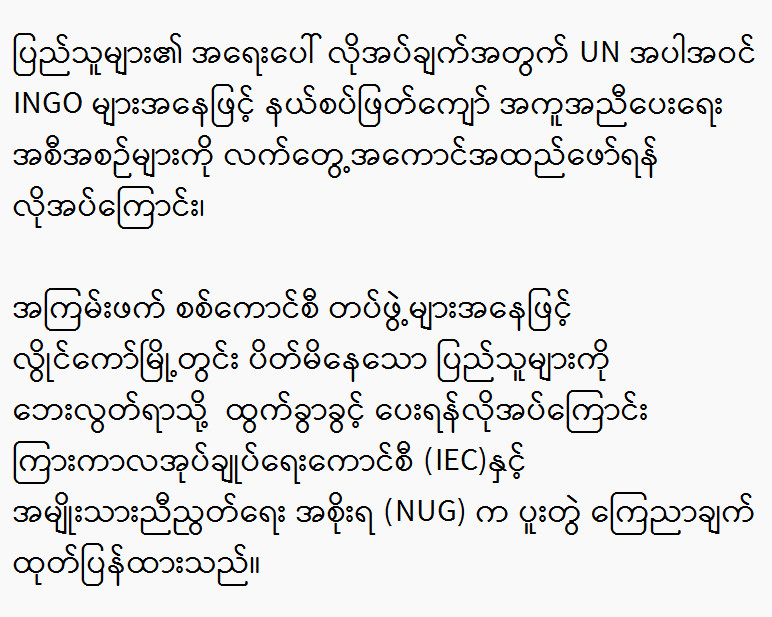
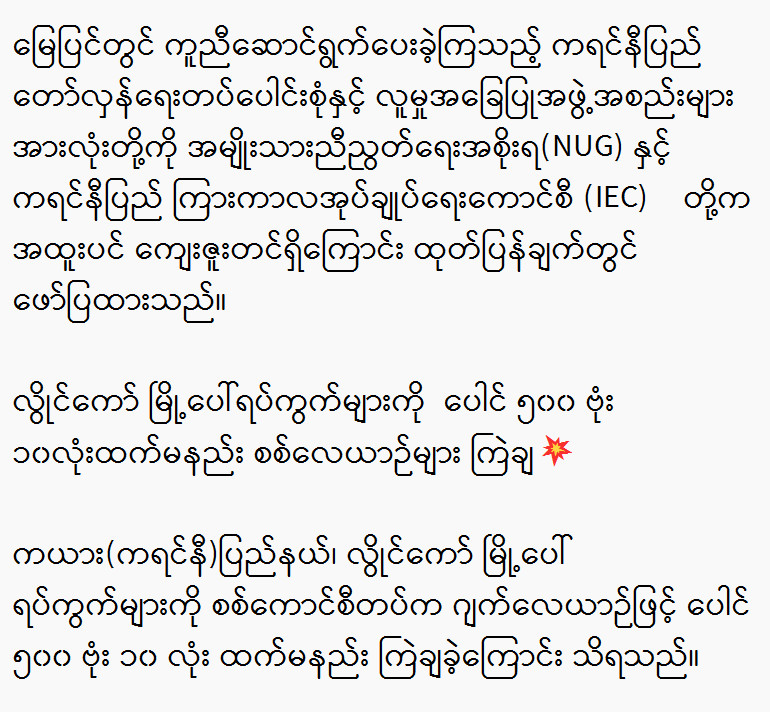
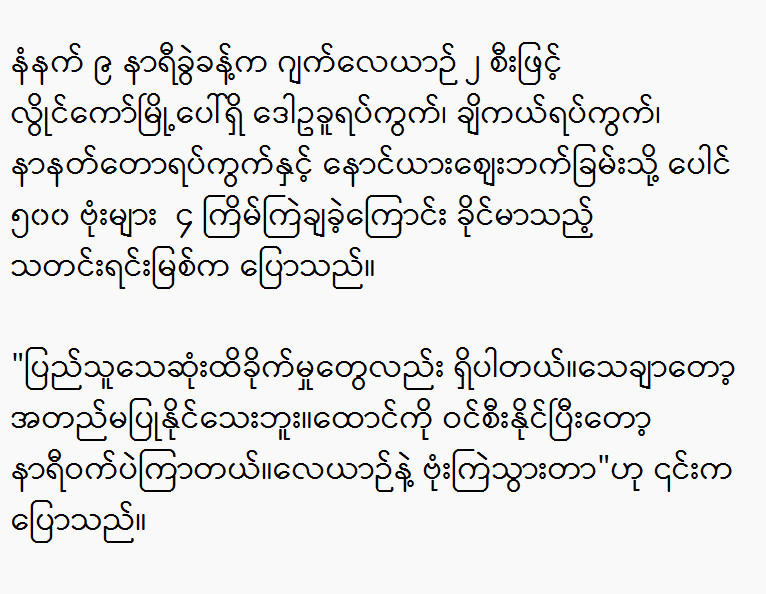

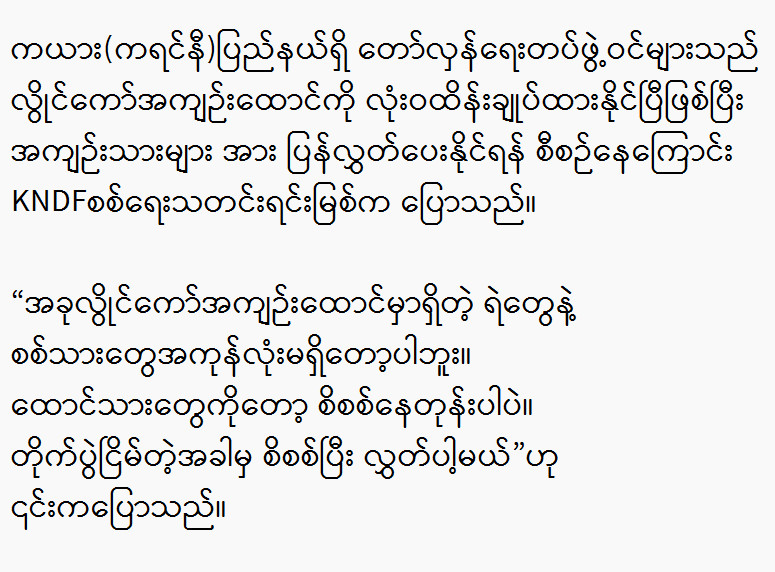
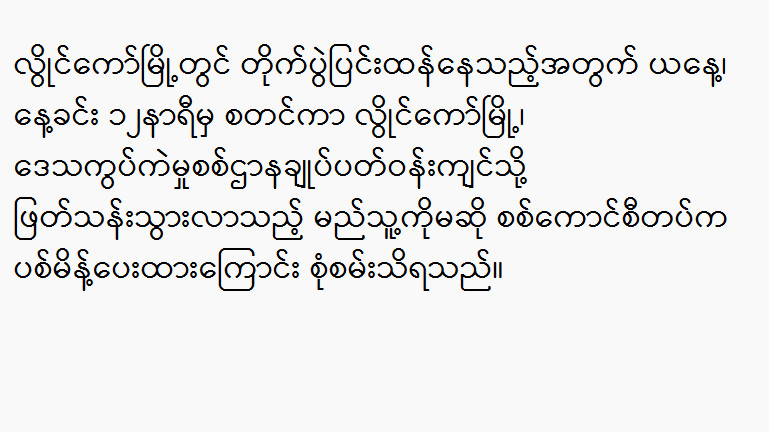
Is vegetarianism a fad diet or a real way to lose weight? This has been a question for many people who are looking for a way to cut down on calories. While there are many different types of vegetarian diets, they all have one thing in common: the avoidance of meat and poultry. So, what is the verdict? Is vegetarianism an effective weight loss strategy? Let’s take a look at the pros and cons.
The Pros of Being a Vegetarian
When it comes to weight loss, there are many benefits to being a vegetarian. For one, vegetarians tend to be slimmer than those who eat meat. They also have lower rates of heart disease and cancer. Additionally, a vegetarian diet is usually high in fiber and low in calories, both of which can help with weight loss.
The Cons of Being a Vegetarian
There are a few cons to being a vegetarian that are worth mentioning. First, you may miss out on some important nutrients that are found in animal products, such as vitamin B12 and iron. Second, you may have to be more careful about getting enough protein, since it is not as readily available in plant-based foods. Finally, you may find yourself feeling a bit isolated from the mainstream food culture, which can be difficult if you enjoy going out to eat or socializing around food.
How to Lose Weight as a Vegetarian
As a vegetarian, you may be looking for ways to lose weight. While there are many fad diets out there that claim to help you shed pounds quickly, it is important to remember that sustainable and healthy weight loss takes time. With that said, there are certain things you can do as a vegetarian to help promote weight loss.
First, make sure you are getting enough protein. Protein helps keep you feeling full and provides your body with the building blocks it needs to function properly. Good sources of protein for vegetarians include beans, lentils, tofu, tempeh, seitan, nuts, and seeds.
Second, eat plenty of fruits and vegetables. These foods are packed with nutrients and fiber that help keep you feeling satisfied and promote healthy digestion.
Third, Avoid processed foods and refined carbohydrates. These types of foods are often high in calories and low in nutritional value. Instead, focus on eating whole foods that are minimally processed.
Fourth, make sure you’re getting enough sleep. Sleep helps regulate hormones that can impact hunger and appetite. aim for 7-8 hours of sleep each night.
Finally, exercise regularly. Exercise not only helps you burn calories, but can also help reduce stress levels and improve your overall health.
What to Eat as a Vegetarian
If you’re trying to lose weight as a vegetarian, there are a few things you should keep in mind. First, focus on getting plenty of protein and fiber. Protein will help you maintain your muscle mass while fiber helps fill you up and keeps you regular.
Some good sources of protein for vegetarians include beans, lentils, quinoa, tofu, and tempeh. When it comes to fiber, aim for foods like vegetables, fruits, whole grains, and legumes. And make sure to stay hydrated by drinking plenty of water throughout the day.
In addition to focusing on protein and fiber, be sure to eat plenty of healthy fats. Healthy fats will help you feel satiated and can actually help with weight loss. Good sources of healthy fats include avocados, nuts & seeds, olive oil, and coconut oil.
Last but not least, don’t forget to eat your veggies! Vegetables are packed with nutrients that are essential for good health. Plus, they’re low in calories and can help fill you up. So make sure to include a variety of vegetables in your diet if you’re trying to lose weight as a vegetarian.
